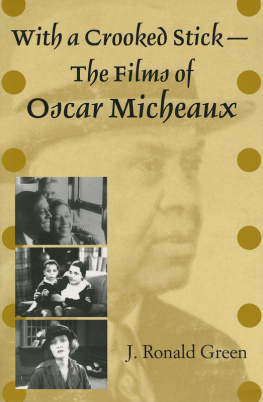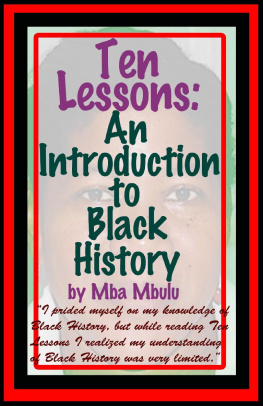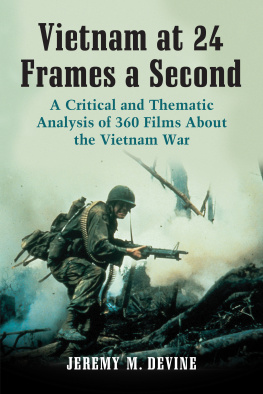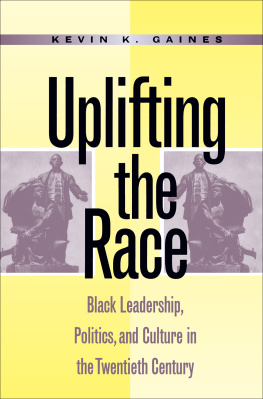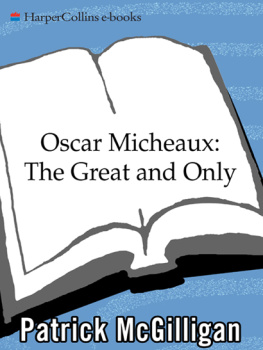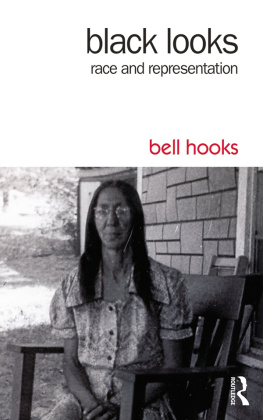With a Crooked StickThe Films of Oscar Micheaux
J. RONALD GREEN
With a Crooked StickThe Films of Oscar Micheaux
INDIANA UNIVERSITY PRESS
Bloomington and Indianapolis
This book is a publication of
Indiana University Press
601 North Morton Street
Bloomington, IN 47404-3797 USA
http://iupress.indiana.edu
Telephone orders 800-842-6796
Fax orders 812-855-7931
Orders by e-mail iuporder@indiana.edu
2004 by J. Ronald Green
All rights reserved
No part of this book may be reproduced or utilized in any form or by any means, electronic or mechanical, including photocopying and recording, or by any information storage and retrieval system, without permission in writing from the publisher. The Association of American University Presses Resolution on Permissions constitutes the only exception to this prohibition.
The paper used in this publication meets the minimum requirements of American National Standard for Information SciencesPermanence of Paper for Printed Library Materials, ANSI Z39.48-1984.
Manufactured in the United States of America
Library of Congress Cataloging-in-Publication Data
Green, J. Ronald, date
With a crooked stickthe films of Oscar Micheaux / J. Ronald Green
p. cm.
Filmography: p.
Includes bibliographical references and index.
1. Biographical backstory 2. Within our gates (1920; second film) 3. Symbol of the unconquered (1920; fourth film) 4. Body and soul (1925; fourteenth film) 5. The sound era: signifying with music 6. The exile (1931; twenty-fourth film) 7. The darktown revue (1931; twenty-fifth film) 8. Veiled aristocrats (1932; twenty-sixth film) 9. Ten minutes to live (1932; twenty-seventh film) 10. The girl from Chicago (1932; twenty-eighth film) 11. Murder in Harlem (1935; thirty-first film) 12. Underworld (1937; thirty-third film) 13. Gods step children (1938; thirty-fourth film) 14. Birthright (19381939; thirty-fifth film) 15. Swing! (1938; thirty-sixth film) 16. Lying lips (1939; thirty-seventh film) 17. The notorious Elinor Lee (1940; thirty-eighth film).
ISBN 0-253-34382-8 (alk. paper) ISBN 0-253-21715-6 (pbk. : alk. paper)
1. Micheaux, Oscar, 18841951Criticism and interpretation. I. Title.
PN1998.3.M494G76 2004
791.430233092dc22
2003015584
1 2 3 4 5 09 08 07 06 05 04
To
Gerald OGrady
with gratitude
While the liberalism of the trust bourgeoisie is directed invariably downward against the political and social demands of the laboring classes, the capitalistic middle class liberalism assumes at times the form of a gentle opposition directed upward against monopoly capital.
Alfred Meusel, Encyclopaedia of the Social Sciences (1933)
Oscar didnt like controversyhe loved it, [Marty] Keenan says. He addressed corrupt preachers in the black community, interracial romance, crimes against blacks. He delighted in raising controversial issues ...
Micheaux is an inspiration to anyoneblack or whitewho has the courage to make their crazy dreams come true, says Keenan. The pioneer, writer, filmmaker and salesman was an American original.
Marti Attoun, Oscar Micheaux: King of the Independent Filmmakers, Harris Farmers Almanac: For the Use of Farmers, Planters, Mechanics, and All Families for the year of our Lord 2002 being the second after the bissextile, or leap year, and until the Fourth of July, the 226th year of American Independence (2002)
Some folks kin hit uh straight lick wid uh crooked stick.
Zora Neale Hurston, Jonahs Gourd Vine (1934)
Contents
My wife, Louisa Bertch Green, a scholar, writer, editor, and policy analyst, has been the most important supporter of this project.
Corey Creekmur at the University of Iowa gave the penultimate draft of this book an unusually close and helpful reading, providing pages of detailed suggestions that have improved the final version. He is credited often in the text, but not as often as he could have been.
Jane Gaines at Duke University continues to aid and abet, as she always does for so many efforts in film studies. I want to acknowledge the continuing encouragement of Charles Musser at Yale University; Marty Keenan in Great Bend, Kansas; and Richard Papousek and Alis Veren in Gregory, South Dakota. The mutual goodwill within the community of Micheaux scholars, which now includes many more than I have named, has been a continuing reward in its own right.
I have had significant institutional and financial support from the College of the Arts, the Department of History of Art, the Wexner Center for the Arts, and the Advanced Computing Center for the Arts and Design at the Ohio State University; the Ohio Arts Council; the Rockefeller Foundations Bellagio Study Center; the Fundacin Valparaso in Spain; the Pordenone Silent Film Festival in Italy; the Oscar Micheaux Film Festival in Gregory, South Dakota, supported by the South Dakota humanities and arts councils; and the Micheaux celebrations in Great Bend, Kansas, supported by the Kansas humanities and arts councils.
I would also like to honor the memory of two wonderful men whose paths I crossed because Micheaux crossed theirs: Oliver Hill, who was a child actor in an early Micheaux film and later a pioneering civil rights attorney who served on Thurgood Marshalls team for Brown v. Board of Education; and Harley Robinson, a cousin of Micheauxs who provided moral support and information to many Micheaux scholars and preservationists.
With a Crooked StickThe Films of Oscar Micheaux
My first book on Oscar Micheaux, Straight Lick: The Cinema of Oscar Micheaux, made a case for the importance of Micheauxs cinematic art, including his style and representational politics, both of which were characterized by wit, originality, resourcefulness, drive, self-analysis, intertextual signifying, inexpensive production values, oppositional attitude, critique of racial stereotyping, and progressive goals for African Americans. Micheauxs forty-some black-produced, black-directed, black-cast, black-audience films were all devoted to class advancement for African Americans in a racist society. In pursuing uplift, Micheaux also established one of the significant beachheads of middle-class cinema, a rare and undervalued accomplishment in the history of film.
With a Crooked Stick is designed to complement Straight Lick but also to stand on its own; in spite of its self-sufficiency as a guide to Micheauxs films, there is very little repetition of material from the first book. This second book fills in the outlines of the argument of the previous book by concentrating on textual and contextual analysis of all of Micheauxs existing films.
With a Crooked Stick is also intended as a useful and suggestive resource for teaching and studying Micheauxs individual films. All of Micheauxs existing films are discussed, each film treated in chronological order in terms suggested by its own concerns and traits, but always with one eye on its relationship to Micheauxs overriding goal of class advancement and on his concomitant formation of a coherent, successful middle-class film style to accomplish his goal.
Sorting Out Race and Class
The race question is subsidiary to the class question in politics, and to think of imperialism in terms of race is disastrous. But to neglect the racial factor as merely incidental is an error only less grave than to make it fundamental.
C. L. R. James, quoted in Eric Lott, Love and Theft: Blackface Minstrelsy and the American Working Class

